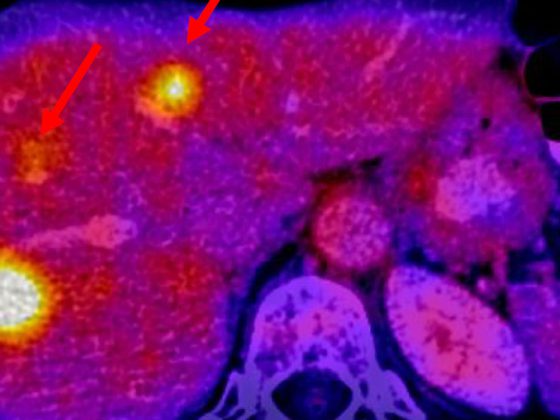“Fish oil” as a heart protector is always controversially discussed – and just as contradictorily tested. Some studies can demonstrate a protective effect, many others cannot. Now, for the first time, evidence of delayed progression of atherosclerosis has been demonstrated under a specific preparation.
Back in 2018, results of a study were presented that demonstrated for the first time a protective effect against cardiovascular events by substituting marine omea-3 fatty acids. 8179 patients with elevated triglyceride levels (>150 to <500 mg/dl) and quite low LDL cholesterol levels (41 to 100 mg/dl) received a high dose of eicosapentaenoic acid (EPA) in pure form (icosapent-ethyl). All patients were taking statins and many already had cardiovascular disease or diabetes in combination with at least one other risk factor. High-dose EPA intake was shown to produce a significant 25% risk reduction in the primary composite end point (cardiovascular-related death, nonfatal myocardial infarction or stroke, hospitalization for unstable angina, or coronary revascularization).
A follow-up study is now investigating how this protective effect comes about. In 80 patients, the development of coronary atherosclerosis will be studied under the drug compared to placebo. A multislice CT measurement will be performed at baseline, nine months, and 18 months to detect any changes in coronary plaque morphology.
Stop atherosclerosis
An interim analysis of the initial data at nine months shows early evidence of delayed progression of atherosclerosis by 21% with icosapent-ethyl. This difference is currently not yet significant. In contrast, other plaque morphologies such as calcified, non-calcified or fibrous lesions and total plaque volume already showed significant differences in favor of the “fish oil”. The final results after completion of the 18-month study period are eagerly awaited.
Source: American Heart Association (AHA)
CARDIOVASC 2019; 18(6): 36 (published 5/12/19, ahead of print).











